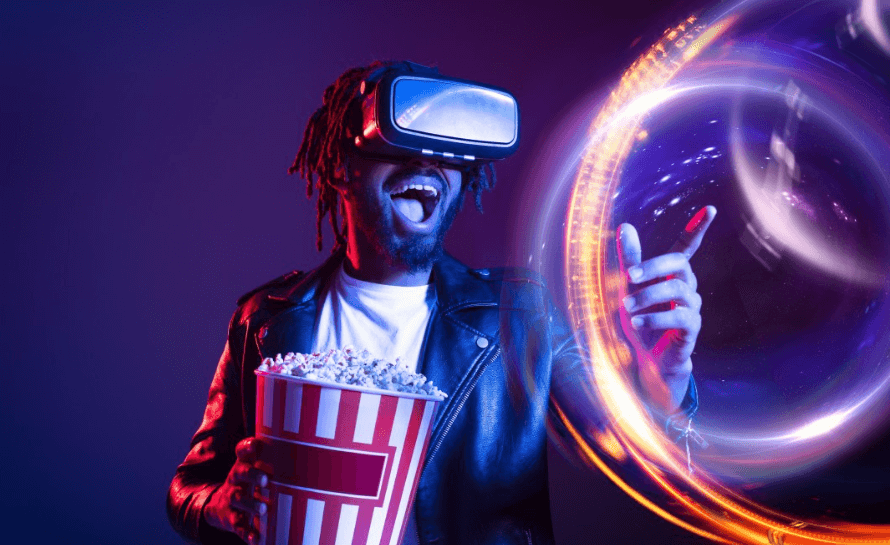The Future of Entertainment: How Technology Is Changing the Game
The landscape of entertainment is undergoing a profound transformation, driven by emerging technologies such as virtual reality, interactive storytelling, and artificial intelligence. These innovations are not only enhancing viewer engagement but also reshaping the traditional dynamics between creators and audiences. As streaming services adapt to deliver personalized content, the implications for narrative development and ethical considerations become increasingly complex. What does this mean for the future of storytelling and consumer experience? The answers may challenge our understanding of entertainment as we know it.
The Rise of Virtual Reality
Over the past decade, the rise of virtual reality (VR) has transformed from a niche technology into a mainstream medium, fundamentally reshaping how audiences experience entertainment across various platforms.
By creating immersive environments, VR allows users to engage in ways previously deemed impossible.
Additionally, the surge of user-generated content has empowered individuals to craft unique experiences, fostering a vibrant, interactive community that champions creative freedom.
See also: Simcookie.com: Effortless Cookie Management for Seamless Compliance and User Experience
Interactive Storytelling Experiences
Interactive storytelling experiences have emerged as a powerful conduit for audience engagement, blurring the lines between creator and consumer while inviting participants to shape narratives in real-time.
These immersive narratives not only enhance emotional connections but also empower individuals to explore diverse perspectives.
As technology advances, the potential for personalized stories will redefine how audiences participate in and experience entertainment.
Streaming Services Evolution
As audiences increasingly seek personalized and immersive experiences, the evolution of streaming services has transformed the entertainment landscape, reshaping how content is created, distributed, and consumed.
Enhanced content accessibility through diverse subscription models has empowered viewers, fostering a shift from traditional media to on-demand platforms.
This transition not only enhances user engagement but also encourages innovation in content delivery and curation strategies.
Artificial Intelligence in Entertainment
Artificial intelligence is revolutionizing the entertainment industry by enhancing storytelling, personalizing viewer experiences, and streamlining production processes, thereby redefining the creative landscape.
AI creativity drives innovative narratives, while content personalization leverages audience analytics to tailor offerings.
Additionally, deepfake technology and voice synthesis create immersive experiences, raising both artistic possibilities and ethical considerations.
Ultimately, this empowers audiences to engage with content in unprecedented ways.
Conclusion
As the horizon of entertainment expands, a vibrant tapestry emerges, woven from the threads of virtual reality, interactive narratives, and the transformative power of artificial intelligence.
This convergence not only crafts immersive experiences that captivate the senses but also redefines the intricate dance between creators and audiences.
In a landscape where ethical dilemmas shadow innovation, the future beckons with a promise of engagement, inviting all to step into a realm where stories breathe and evolve in real time.







